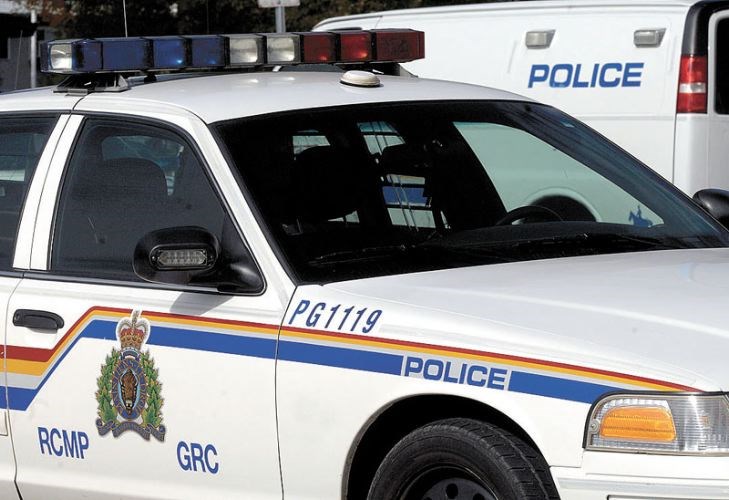Well, at least we're not No. 1 anymore.
In fact, we're still out of the top 10 so that's good.
But moving from 14 to 11 on the Statistics Canada crime severity index last year is still a cause for concern, one that Supt. Warren Brown of the Prince George RCMP is taking seriously.
The index placed Prince George 11th for violent crime in Canada during 2017, up from 16th the year before, and 12th for non-violent crime, up from 15th.
Several different factors were at work, all of them beyond the control of the RCMP, with the Cariboo wildfires evacuation being at the top of the list.
Unfortunately, all of Prince George has to wear the badge of the city's placing on the crime severity index, just as the evacuees must accept the increased crime they brought with them to Prince George last summer.
But we must be precise, as Brown was in his assessment of the situation.
The problem isn't a crime wave or a widespread outbreak of lawlessness by a significant group of residents. Rather, it's a handful of troublemakers causing the majority of the problems.
"We have some criminals who I suspect steal upwards of 50 vehicles a year," Brown told city council.
Whether they are young offenders or prolific adult lawbreakers, in a city the size of Prince George, police officers are often slapping cuffs on individuals they've met before and are even on a first-name basis. For alert Citizen readers, they'll notice that there are some names that come up in the weekly Court Docket all the time.
The relationship formed between officers and "frequent flyers" to city cells provides several benefits. Potentially violent encounters can be avoided ("c'mon, Joe, no need to put up a fight over this"), knowledge of who their friends and family are (as well as associates in their wrongdoing activities) and knowledge of their background (mental health, addictions, injuries, gang affiliation and/or violent tendencies).
Those relationships can help get wrongdoers off the street faster and get them the help they need in an effort to reduce or eliminate their criminal behaviour.
Regardless of whether it's a short-term fix or a long-term solution, when bad apples are caught and sent to jail, crime falls.
As it is in policing, so it is in health care - the majority of time, energy and expense goes to treating a small group of individuals. The difference, however, is that frequent health care users are often chronically ill people at the end of their lives. In policing, the frequent criminals are often young, with a whole life ahead of them that can either be a revolving door in and out of jail or devoting people and resources to help them deal with their issues, stay out of jail and lessen crime.
Fortunately, crime is down significantly so far this year in Prince George, Brown noted. No homicides so far in 2018 - knock on wood that continues - and improvement is visible in other areas.
Prince George has come a long way in reducing crime in recent years, thanks to smart, active, targeted social services and team communication between the two. An aging population also helps.
Yet the work must continue. Just as the entire community is tarnished with the high crime index ranking, it takes the entire community to help reduce crime, through responsible behaviour (like locking your vehicle and removing valuables from sight) and alert watchfulness to unusual activity.
We should never forget that serial killer Cody Legebokoff was caught literally redhanded, not by diligent murder investigators but by an officer wondering why someone would be driving out of the bush and onto the highway on a dark, snowy November night.
Pulling him over and the subsequent arrest took one very bad apple off the street.
It's rarely that easy but every little bit helps, whether it's from attentive officers or caring residents.
-- Editor-in-chief Neil Godbout



